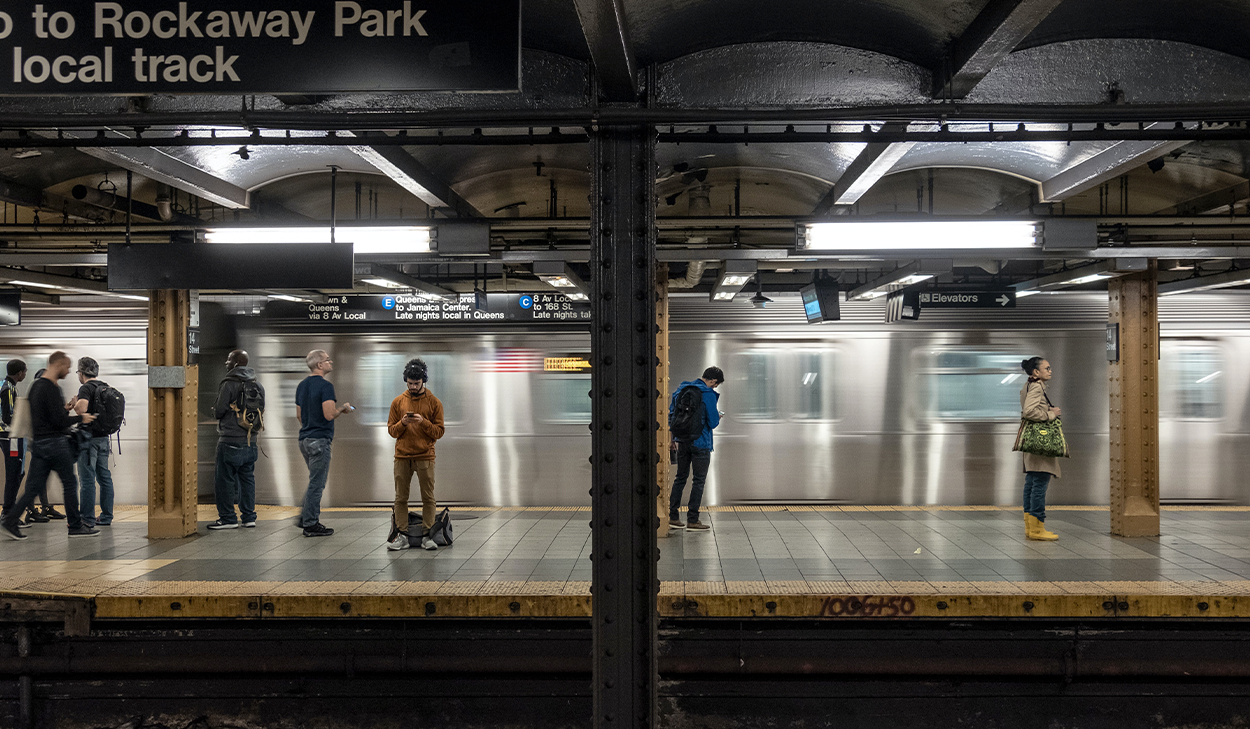
“The foreigner residing among you must be treated as your native-born.” –Leviticus 19:3
Did you know there are unreached people near you, even as close as next door or down the street?
The dispersion of people has often served as God’s way of bringing the gospel to those far from Christ, and He continues to use this method today as foreign-born people move to the United States—often larger cities—for work, education, or refuge.
We have an opportunity to make a spiritual impact among them if we’re willing to forgo our comforts to cross cultural barriers and norms to engage them with the gospel. But first, we need to understand why immigrants, students and refugees are moving here.
Immigrants
In developing countries, livable wages can be difficult to earn.
This leads many people to move to places like the United States for a season or permanently to earn higher wages and support their families. Unlike refugees, immigrants freely choose to leave their home countries in search of financial provision.
In 2019, the U.S. Bureau of Labor Statistics reported that there were 28.4 million foreign-born people working in the United States, comprising 17.4% of the total workforce.
University Students
American universities are well respected around the world, and many nations are eager to send students to the U.S. to obtain the skills and knowledge needed to participate in global business.
According to an Open Doors’ report, more than 1 million international students studied on U.S. soil in the 2019-20 academic year, making America the largest host of international students of any nation.
Many of these students are from the world’s spiritually darkest countries.
Refugees
The United Nations defines a refugee as “someone who has been forced to flee his or her country because of persecution, war, or violence.” According to Pew Research, more than 3 million refugees have arrived in the United States since 1975, and as tensions rise around the world, many will continue seeking peace and refuge within our borders.
In Fiscal Year 2016, the U.S. planned to accept 85,000 refugees—including 10,000 Syrians—using an extensive screening process.
As the number of foreigners residing in the U.S. increases, so do opportunities for ministry.
To learn more, check out East-West's guide to unreached people groups.